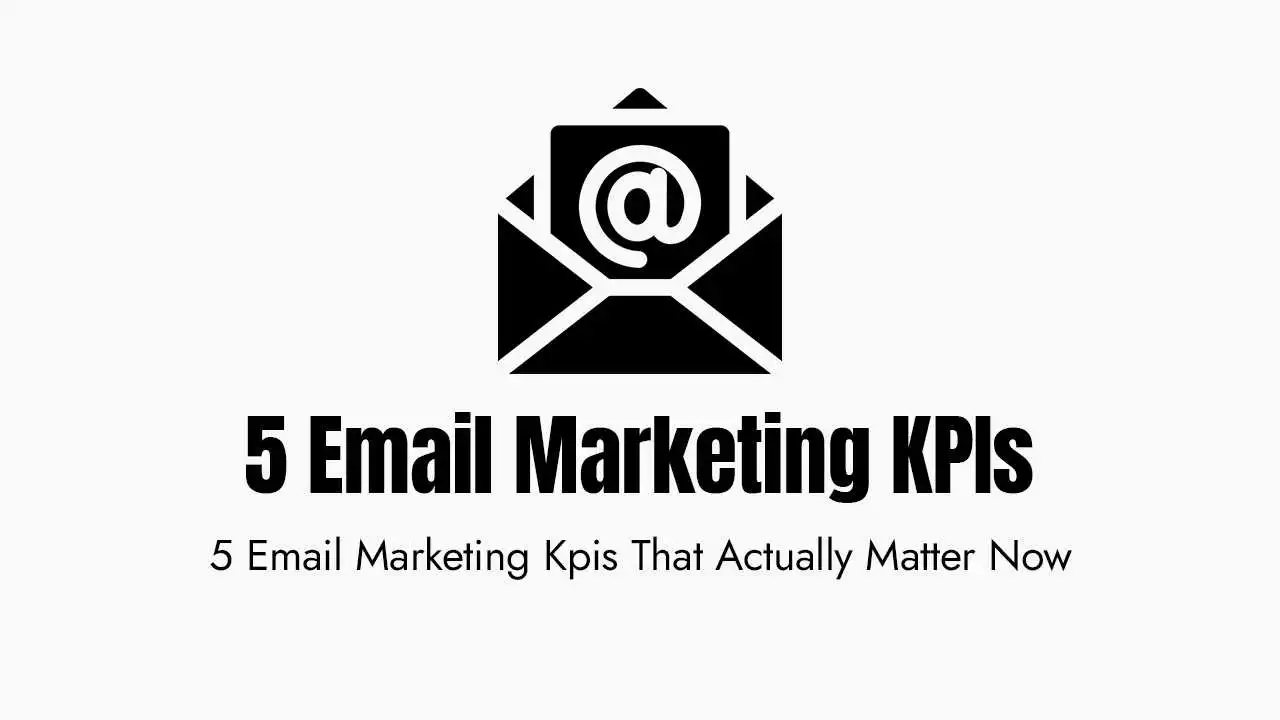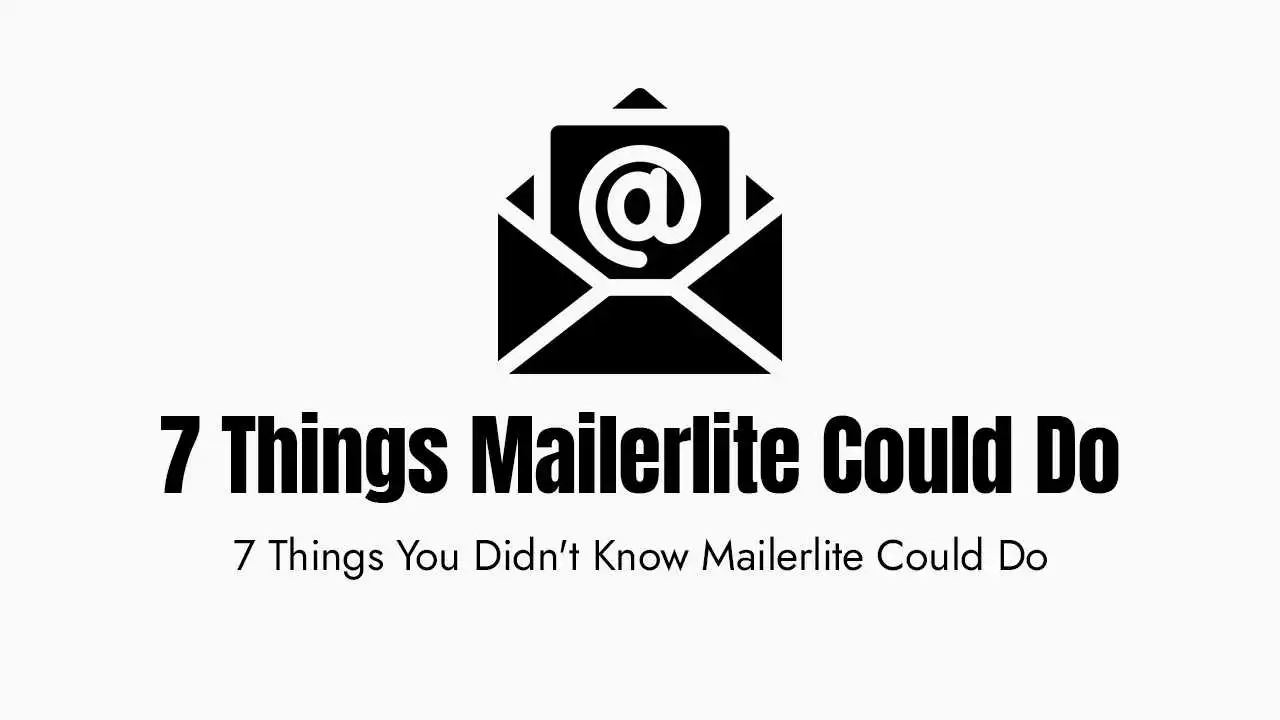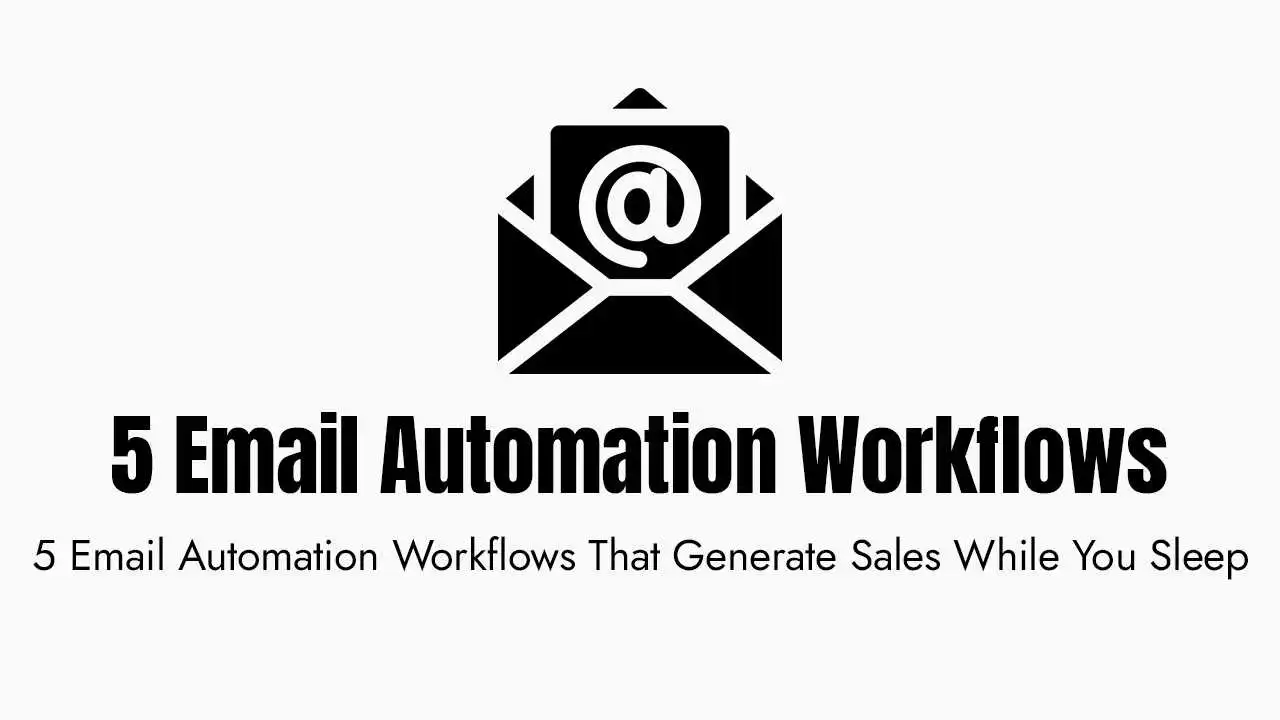In the digital world, you constantly hear terms like “SEO,” “PPC,” and “Conversions.” If you’re a small business owner, you might be wondering: what does all that have to do with getting customers?
One of the most important concepts for growing your business online is Lead Generation. Simply put, it’s the process of getting people who are interested in your products or services to raise their hands and say, “I’m curious!”
But before we dive into the “how-to,” let’s clarify the most common confusion for new digital marketers:
A Lead is Not a Customer:
This is the main takeaway you need to remember. Think of your business journey like dating:
A Lead:
A Lead is someone who gives you their number (their contact information). They’ve shown interest, but they haven’t committed yet. They might visit your website, download a free guide, or sign up for your email list. They are a potential customer.
A Customer:
A Customer is someone you’re married to (they’ve paid money). They have completed a purchase or signed a contract.
Lead Generation is the act of getting that contact information—the phone number, the email address, or even a filled-out consultation form. It’s the first step in building a relationship that eventually leads to a sale.
Why is Lead Generation Essential for Your Small Business?
If you only wait for customers to buy, you’re missing out. Lead generation allows you to:
Build a Relationship:
You get permission to contact them again. This lets you build trust, answer their questions, and prove your value before they open their wallet.
Know Who’s Interested:
You can see exactly what products or services are attracting the most interest, helping you fine-tune your offering.
Future-Proof Your Sales:
Not everyone buys immediately. By gathering leads, you create a database of people you can market to later, even if they aren’t ready to buy today. This database is a valuable business asset.
Nurturing Your Leads to Become Customers:
Once you have a lead, the work isn’t done. Now you need to Nurture them. Lead nurturing is the process of building that relationship through consistent, valuable communication.
Since a lead has only shown initial interest, they need more information, assurance, and trust before making a purchase. This usually involves setting up an automated sequence of emails that provide helpful tips, successful case studies, or special limited-time offers. A great nurturing strategy keeps your business top-of-mind so that when the lead is finally ready to buy, they come straight to you.
Practical Digital Ways to Generate Leads Today:
The great news is that in digital marketing, generating leads doesn’t require a massive budget. Here are some beginner-friendly strategies you can implement right away:
The "Freebie" Offer (Content Marketing):
Put a valuable piece of content on your website (a PDF checklist, a 5-step guide, an exclusive video) and ask for an email address to download it. This is often called a “Lead Magnet.” The more useful the freebie is, the more emails you’ll collect.
Email Sign-Up Prominence:
Make sure the sign-up form for your email newsletter is clear and prominent on every page of your site. Give people a good reason to join, like “Get 10% Off Your First Order” or “Monthly Tips from the Expert.” Consider using a friendly pop-up that appears after a visitor has read a full blog post.
Targeted Social Media Contests and Giveaways:
Run a contest on Facebook or Instagram where the price of entry is filling out a simple form with their name and email. Make sure the prize is relevant to your product, so you attract good leads, not just people looking for free stuff.
Optimized "Contact Us" Forms:
While basic, ensuring your contact or quote request forms are easy to find and quick to fill out is key. Only ask for the essential information you need to follow up. A form that asks for too much information upfront will scare potential leads away.
Using Webinars or Live Demos:
If your product or service is more complex, hosting a free online workshop (webinar) where people sign up with their email is a fantastic lead generation strategy. It lets you demonstrate your expertise and interact directly with potential customers.
Conclusion:
Lead generation in digital marketing is simply the organized, strategic way of meeting people who might be interested in your business. It is the engine that drives sustainable growth.
Remember the difference: A lead is a potential partner; a customer is a committed buyer. Your job is to generate leads and then nurture those relationships until they are ready to become customers. Start by setting up one simple lead magnet today and watch your list of potential clients grow!
FAQs: How to Hide Your Followers on Instagram
1. What is the difference between an MQL and an SQL?
MQL stands for Marketing Qualified Lead, and SQL stands for Sales Qualified Lead. An MQL is a person who has shown more interest than a casual visitor, perhaps by downloading multiple pieces of content or engaging with your emails, indicating they are open to marketing. An SQL is a lead who has been vetted and is considered ready for a direct sales conversation, typically because they have taken a high-intent action like requesting a quote or booking a demo. For small business owners, simply understanding that a lead moves from “interested” (MQL) to “ready to talk” (SQL) is the key distinction.
2. What is a "Lead Magnet" and what makes a good one?
A lead magnet is a valuable resource you offer to your audience for free in exchange for their contact information, most commonly their email address. It acts as the “bait” in your lead generation strategy. A good lead magnet should be immediately useful, relevant to your core business, and solve a specific problem for your ideal customer. Examples include a free checklist, a short e-book, a template, or a discount code. The goal is to provide a quick win that showcases your expertise.
3. How do I know if my lead generation strategy is working?
The primary way to measure your lead generation success is by tracking your conversion rates. This is the percentage of visitors who land on your lead-capture page (like your sign-up page) and actually become a lead. You should also track the Cost Per Lead (CPL), which tells you how much money you spend (on ads, content creation, etc.) to acquire one new lead. Finally, track the Lead-to-Customer Conversion Rate, which is the ultimate measure of whether the leads you’re generating are actually turning into paying customers.
4. Is it better to focus on quantity or quality of leads?
It is always better to focus on the quality of your leads. While having a large list of emails might look impressive, if those people are not genuinely interested in what you sell, they will never become customers. Focusing on quality means being very specific with your lead magnet and targeting so that you attract leads who fit the profile of your ideal customer. A smaller list of high-quality, targeted leads will consistently generate more sales than a huge list of uninterested people.
5. What is the first thing a small business should do to start lead generation?
The very first step a small business should take is to set up an easy way to capture email addresses on their website and offer a simple, high-value lead magnet. Don’t worry about complex software or expensive ads yet. Start by creating a simple but useful checklist (like “5 Steps to [Solve a Problem]”) and place a clear sign-up form for it on your website’s homepage or sidebar. Once you can consistently capture emails, you have a foundation for growth.




